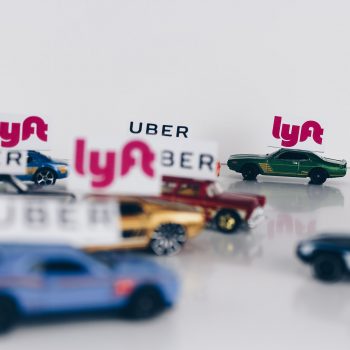The global health crisis has rocked the sharing economy. Uber and Lyft drivers have seen their incomes plunge as people shelter in place. Airbnb bookings have tumbled, and its services have been banned in some cities and states. Gig workers at a number of companies are protesting a lack of basic protections like hand sanitizer, cleaning supplies and sick pay.
This crisis has brought to a head problems that have been lurking in the wings for years. As a professor who researches the sharing economy, I’ve found that the features that make it so successful — especially its flexible, decentralized, independent workforce — create both unique opportunities and vulnerabilities. The stresses of our current situation have made these contradictions clearer than ever.
Will this public health emergency push the sharing economy to evolve? Or will it throw the entire business model into question?…
Read the full article at Entrepreneur.
This article was produced by Footnote in partnership with USC’s Marshall School of Business.





